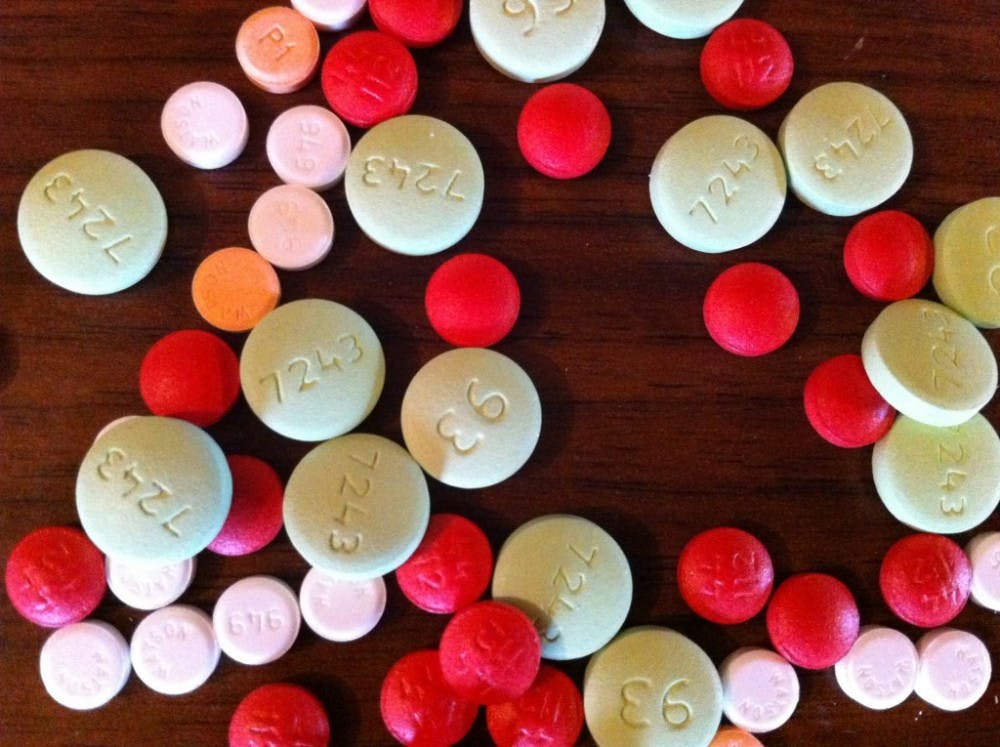Although the drug manufacturing process has improved over time, there are still substantial problems that plague the industry. Large scale productions of drugs center on a few plants, which can cause severe disruptions when one of them is shut down. Furthermore, a significant shortage exists for many drugs due to limitations in current production processes. To address these shortcomings, researchers at the Massachusetts Institute of Technology (MIT) developed a portable, configurable manufacturing system.
In traditional syntheses of drugs, pharmaceutical companies source the precursor chemicals from many different manufacturers.
They then perform the necessary reactions to produce the active ingredient in a specific drug and ship this compound to other plants to be made into pills or other formulations. The transport and manufacturing time may take upwards of a year before the final product is available.
This long delay in batch production demonstrates its inflexibility to reconcile current drug demands with long periods of adjustments for upscaling or downscaling production. In addition problems at a large plant in a specific stage of drug production can severely impact the input and output of other stages. There are also other issues, such as quality control problems, that can arise in batch manufacturing.
In contrast to batchwise processing, flow processing performs all the manufacturing stages at one location. This prevents disruptions in drug production when a specific plant shuts down and provides greater flexibility in production scaling. MIT scientists utilized this concept of flow processing in developing their prototype.
They developed a machine, which is about the same size as a refrigerator, that can process raw materials and produce hundreds to thousands of drug doses each day. The prototype is also designed to be modular, with reconfigurable components to allow for the production of drugs such as lidocaine, Valium, Prozac and Benadryl.
The processing unit starts by using chemicals and reagents that are available from many suppliers. Scientists can then develop a microliter-scale synthetic process for small-scale drug production.
The machine heats and pressurizes the reaction mixtures to hasten the synthesis process, reducing the drug’s production time from hours to minutes. This combination of control conditions also produces low-impurity profiles.
The synthesized compounds are continuously transferred to other modules where purification and formulation occurs, allowing for high productivity and an uninterrupted production chain.
Another advantage of flow processing is its potential for making drugs that are low in demand or very expensive. These drugs are termed “orphan drugs” because they either treat diseases that affect fewer than 200,000 people in the United States or their sales are not expected to recover the costs of developing and producing these drugs.
An example is Pulmozyme, a drug that is used to treat cystic fibrosis, which affects about 70,000 people worldwide. Because of the low demand for Pulmozyme, batch production can be very costly for pharmaceutical companies, often resulting in higher drug costs for patients.
By using flow processing, manufacturers can dedicate a few units to the limited production of orphan drugs. This allows for a cheaper, continuous supply of medications.
Overall, a portable, configurable drug manufacturing system offers flexibility that is greater than that of current batchwise pharmaceutical productions. It can be implemented as a backup for plant failures, preventing large bottlenecks that can reduce vital drug supplies. Perhaps more importantly, it may offer companies the capacity to produce drugs that are currently too costly to manufacture, allowing patients to obtain previously inaccessible medications.





